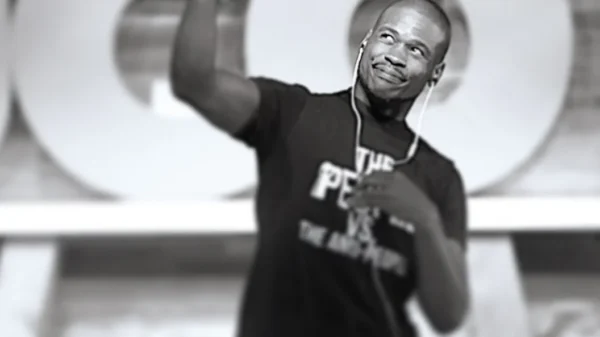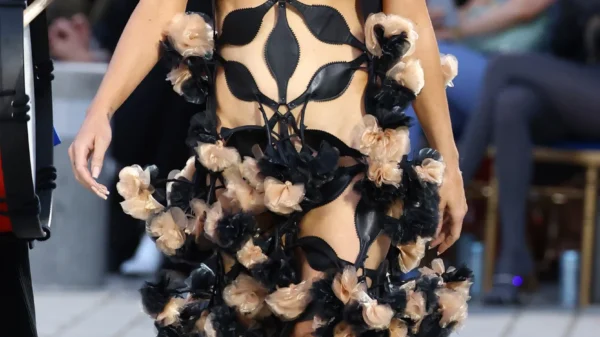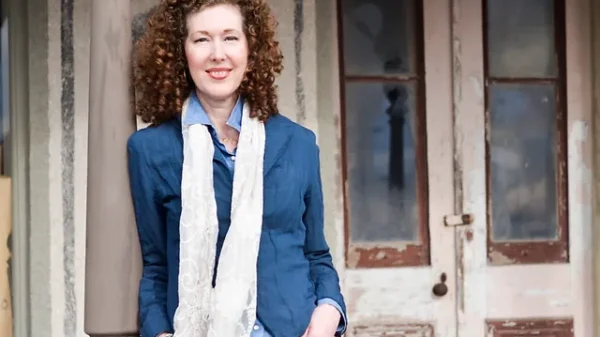Terra Mater Studios, a Vienna-based subsidiary of Red Bull, is venturing into its inaugural fictional series titled “Salon of Sugar.” This historical drama is set to revolve around the life of Berta Zuckerkandl, born in 1864, who was a writer, journalist, and the hostess of a prominent literary salon in Vienna. Her salon attracted notable figures of the time, including Auguste Rodin, Gustav Klimt, director Max Reinhardt, and Stefan Zweig. The series, as teased by producer Nina Steiner, is poised to include other familiar faces from history, like Sigmund Freud and Georges Clemenceau, with Gustav Mahler, who met his wife Alma there, making an appearance.
The creators assert that Berta’s salon provided a space for revolutionary ideas and discussions, positioning her at the heart of cultural and intellectual transformation during an era of profound change in European history. Verena Puhm, one of the show’s writers, expressed her attraction to this story due to its embodiment of the timeless struggle for freedom and equality within a context of societal transformation.
The producer adds that the series resonates with contemporary issues, drawing parallels to the present, such as social inequality, the rise of nationalism, and threats to democracy. Exploring the backdrop of a divided society, the creators aim to prompt reflection on the origins of our world and its potential trajectory without the ravages of wars.
Berta’s life journey, as a “secret diplomat,” was marked by complex relationships, particularly with her father, newspaper tycoon Moritz Szeps. The show will span three seasons, each comprising six episodes, covering various stages of Berta’s life. It will also delve into the lives of intriguing supporting characters, like Aleš Polák, a sugar factory worker who becomes her confidant, and his sister Josefa, who transitions from a café cashier to a fake nurse and ultimately to a battlefield healer.
The creators envision “Salon of Sugar” as a decades-spanning series, encompassing both World Wars, drawing inspiration from successful shows like “The Crown,” “Bridgerton,” and “The Queen’s Gambit.” Producer Steiner emphasizes the engaging, ever-evolving main character, which aligns with the narrative’s themes of ambition, political upheaval, and personal evolution.
Despite Berta Zuckerkandl’s relatively forgotten legacy, the team aspires to shed light on her life, offering a tribute to women who challenged the status quo and significantly influenced our world from behind the scenes. Berta’s character is described as idealistic, persistent, outspoken, and rebellious, transcending the boundaries of her elite background and displaying resilience even in the face of failure.


































